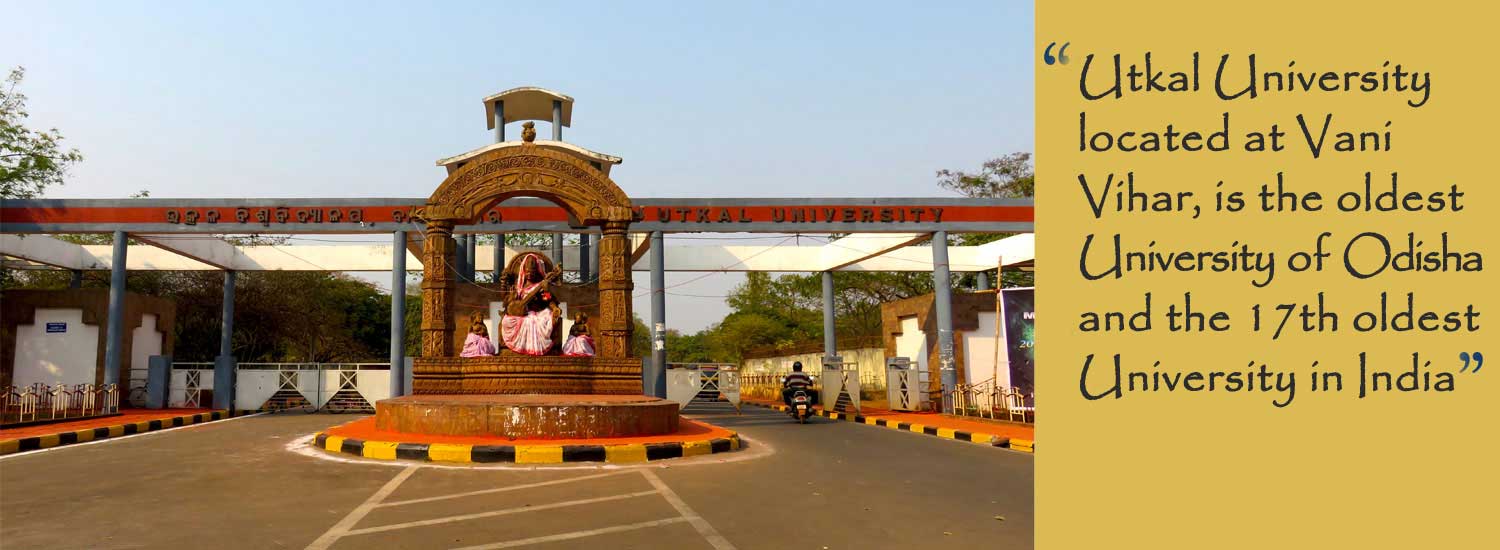Jaipur : Tata Power, India’s largest integrated utility, today said that the Company plans to expand its business footprint in Rajasthan. Participating in the ongoing Invest Rajasthan summit in Jaipur, the Company said it plans to develop upto 8000 MW of utility scale projects, 1000 MW of solar rooftop and 1, 50,000 solar pumps in next five years in the State.
Tata Power, along with its fully-owned subsidiary Tata Power Solar, will expand its presence in the State to generate clean energy through solar power. The Company employs more than 4500 people in the State, and its expansion projects will generate employment for more than 6000-8000 people in the next five years.
Dr Praveer Sinha, CEO&MD, Tata Power, said, “Both in terms of potential and what has been done so far, Rajasthan has today emerged as a role model to produce green energy through solar power. I am happy to be here in Invest Rajasthan summit. With its already strong footprint in the State. Tata Power is fully poised to make Rajasthan future ready and realise its full potential and emerge as a Green Power House of the country. We will continue to build on all three business – EPC, Solar Pump and Solar Rooftop, to the benefit of farmers, industries and common citizens of this frontier state.”
Rajasthan is an important state for Tata Power’s renewable business. The Company presently has a portfolio of 4939 MWp. Till date, Tata Power has commissioned 2,066 MW in Rajasthan and around 2,873 MW capacity of solar projects under construction in the State and will be completed in next 12-24 months.
Tata Power plans to have a renewable power portfolio of 10,000 MW in the State in next five years.
TP Ajmer Distribution Ltd, a unit of Tata Power, has completed 5 years of operations and has enhanced consumer experience in Ajmer. Tata Power has ensured safe and reliable supply in Ajmer and also achieved AT&C loss reduction from 22% to 9%.
With the support and favourable policies of the Government of Rajasthan, we are looking forward to opportunities of power distribution in various other cities of the State under the collaborative Public Private Partnership (PPP) model and to serve the citizens of Rajasthan with quality power supply.
With respect to solar pumps, Tata Power plans to set up around 1, 50,000 pumps in next five years in the State. The Company has so far installed nearly 21,600 solar pumps in Jaipur, Hanumangarh, Ganganagar, Jalore and Bikaner.
Tata Power through its rooftop services has a cumulative installed capacity of 65 MW in Rajasthan. The Company has been doing extensive work for industrial belts like marble, granite and stone crushing etc in Rajasthan located in regions like Ajmer, Sirohi, Rajsamand, Jalore and Makrana.
Through its various rooftop offerings, Tata Power has installed over 20 MW of rooftop for these industries. These installations have resulted in cumulative savings of about Rs 20 crore p.a. for customers who are part of the marble / granite and crushing etc.
The Company has also gone beyond just supplying rooftop solutions and also suggested techniques which have benefitted many, especially the stone crushing industry users.
Some of the benefits as a result of our offerings to these belts include reduced expenses as a result of business production, reduced power consumption, and efficient use of energy. Rajasthan is a state that usually has high temperatures during the day. Rooftop installations on certain sites have also helped cool down the internal temperature of the site by 4-5 degrees.
Tata Power’s commitment to their offerings, high quality, and delivery have been some of the standout qualities of our rooftop business.
Tata Power is also working towards setting up a robust EV Charging Infrastructure in the state to enable faster transition towards E mobility. Company has installed over 1100 home chargers and 100 public chargers in Rajasthan.
In the next few years, Tata Power plans to install 10,000 public EV charging points in the State.
Under the Urja programme of the Company has initiated its CSR programme to enable Science, Technology, Engineering, and Mathematics (STEM), and health education as well as teacher-trainings in schools in the State.






